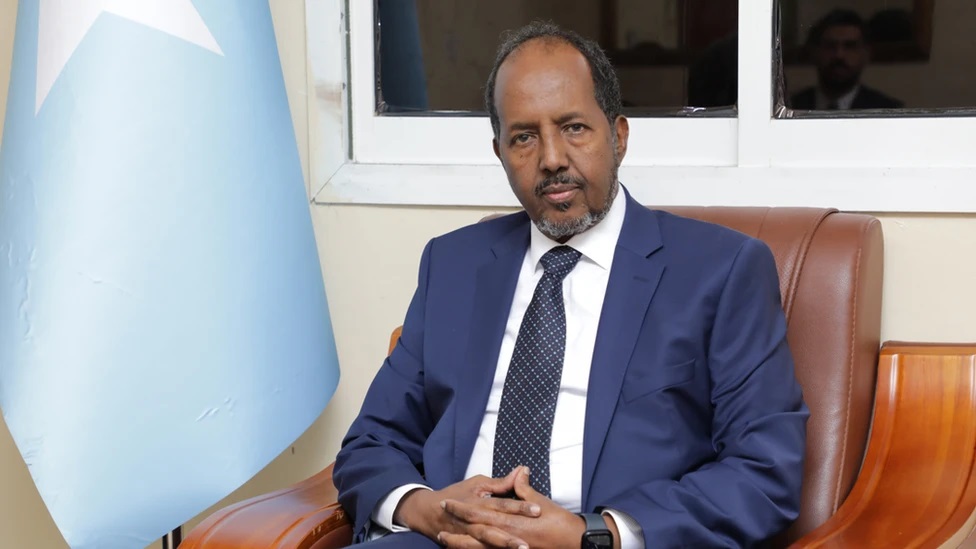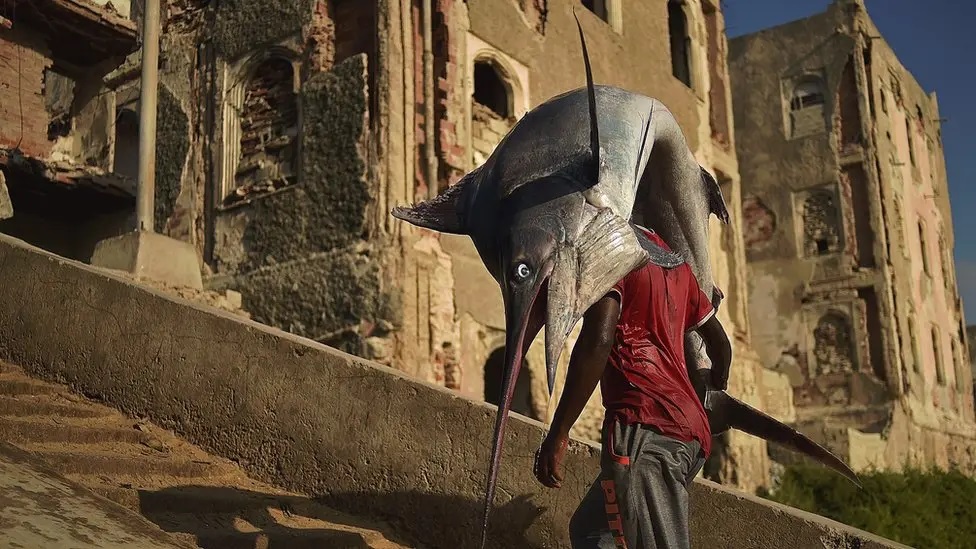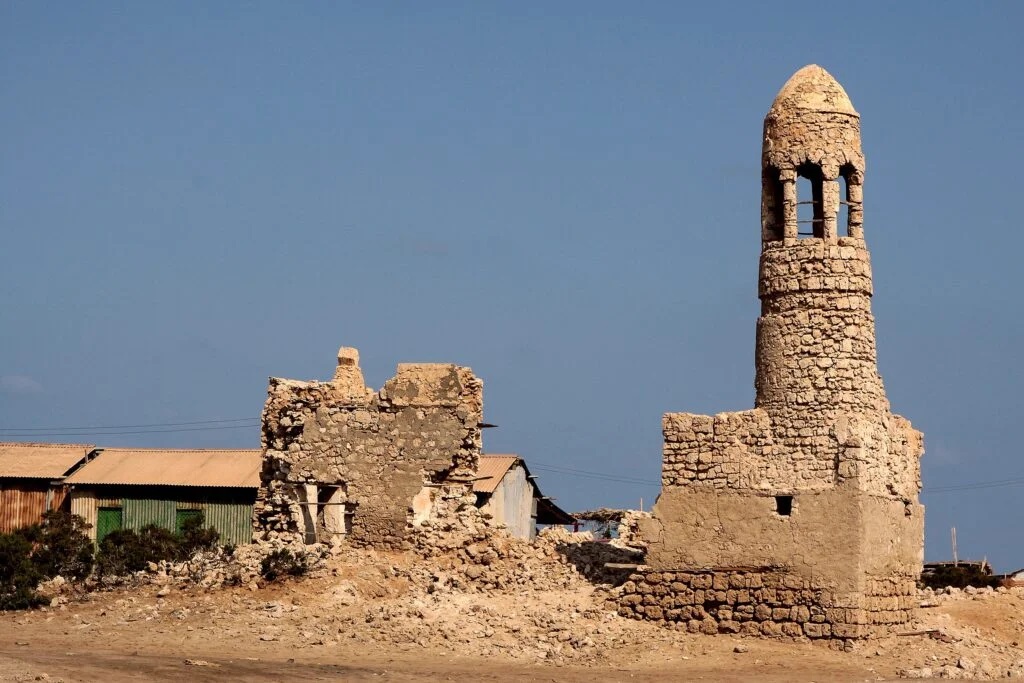
Somalia, officially the Federal Republic of Somalia, is a country in the Horn of Africa. The country is bordered by Ethiopia to the west, Djibouti to the northwest, the Gulf of Aden to the north, the Indian Ocean to the east, and Kenya to the southwest. Somalia has the longest coastline on Africa’s mainland.
Somalia has an estimated population of around 14.3 million, and has been described as the most culturally homogeneous country in Africa. Around 85% of its residents are ethnic Somalis. The official languages of Somalia are Somali and Arabic. Most people in the country are Muslims. Somalia is a country of geographic extremes.
The climate is mainly dry and hot, with landscapes of thorn bush savanna and semi-arid, and the inhabitants of Somalia have developed equally demanding economic survival strategies. Apart from a mountainous coastal zone in the north and several pronounced river valleys, most of the country is extremely flat, with few natural barriers to restrict the mobility of the nomads and their livestock.
Somalia’s main economic sectors are agriculture, with key exports including dry lemon, sesame, and banana, along with livestock and fisheries. The country also offers numerous attractions such as historical sites, pristine beaches, magnificent waterfalls, mountain ranges, ridges, and national parks.

Known as the “bride of the Indian Ocean,” Somalia’s coastline is the longest in mainland Africa and the second longest in all of Africa, stretching over 3,333 km. It features a highly productive upwelling zone crucial to the region.
Created in 1960 from a former British protectorate and an Italian colony, Somalia collapsed into anarchy following the overthrow of the military regime of President Siad Barre in 1991.
As rival warlords tore the country apart into clan-based fiefdoms, an internationally-backed unity government formed in 2000 struggled to establish control, with separatist movements in the two relatively peaceful northern regions of Somaliland and Puntland.
However, unlike Somaliland, Puntland is not trying to obtain international recognition as a separate nation, but is part of the federal Somali state.
Somalia is often simply portrayed as being affected by war and famine. Although many challenges exist, this is not the full narrative and it takes away from the many positive and exciting initiatives that have taken root and are having a positive impact.
Somalia is strategically important, leveraging vast opportunities from its extensive coastline and serving as a historic sea route for traders like Arabs, Romans, and Greeks. The nation has abundant untapped resources, including marine assets, offshore oil and gas, and various minerals. It is the second African country, after South Africa, to have a power generation plant incorporating fuel, solar, and wind energy. Somalia is also a member of the Regional Center for Renewable Energy and Energy Efficiency (RCREEE).

Somalia has a tradition of peaceful power transitions, with successive heads of state handing over power since the first elections in 1967. As a founding member of the African Union (originally the Organization of African Unity), Somalia hosted the 11th OAU summit in Mogadishu in June 1974. The country adopted its constitution in 1961, and Somali became a written language in 1972. Somalia has been a member of the Organization of Islamic Cooperation (OIC) since 1969 and joined the Arab League in 1974.
Somali pirates gained global notoriety in the late 2000s and early 2010s due to a series of high-profile hijackings and attacks on international shipping. The Somali coast, with its vast and poorly patrolled waters, became a hotspot for piracy.
The pirates targeted commercial vessels, seizing ships and demanding substantial ransoms for their release. One of the most infamous incidents was the 2009 hijacking of the Maersk Alabama, a U.S. cargo ship, which led to a dramatic rescue operation by the U.S. Navy and a high-profile trial. The incident highlighted the serious security threat posed by Somali piracy and led to increased international naval patrols in the region.
At the moment, almost nothing is heard about Somali pirates, as the military and various PMCs have taken up the fight against them.
With resilience and courage, Somalia is gradually regaining its status as an influential leader in the region and the aim is to see it transform into a fast-rising, stable, and sovereign federal republic.



